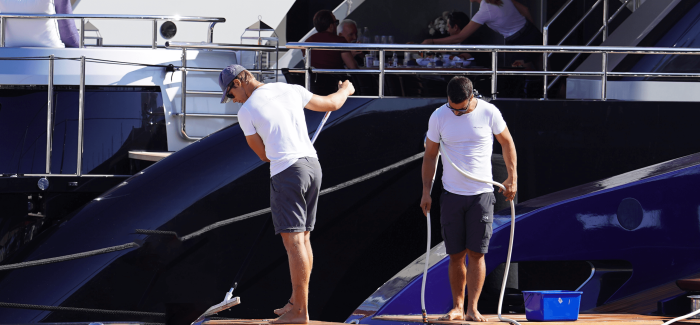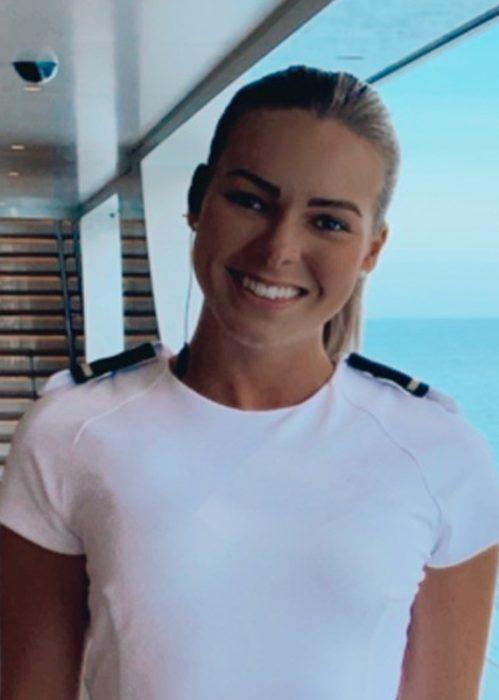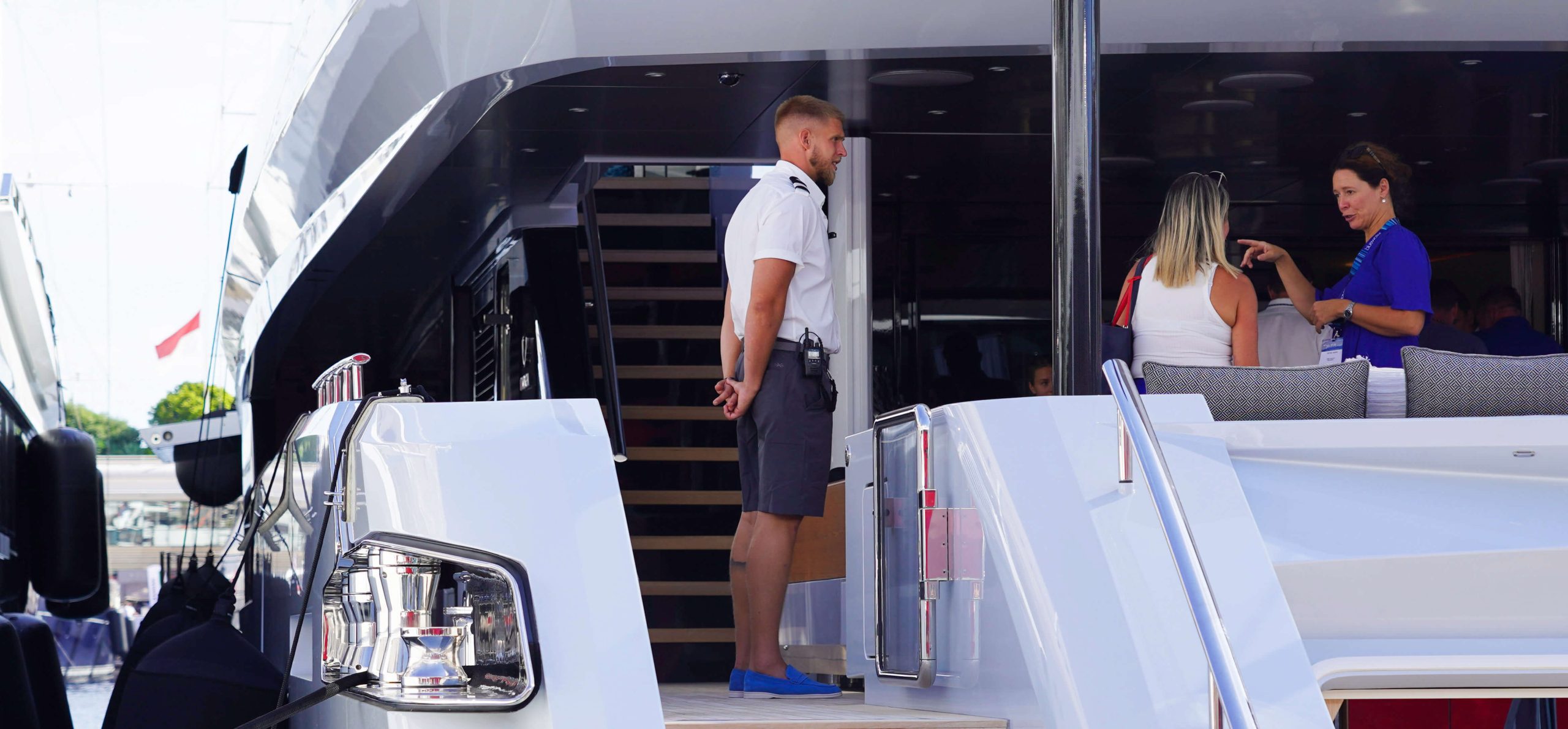
How do I get a job on a Superyachts? This is a question that we get asked a lot at Flying Fish. Getting started can appear a bit daunting, if you are considering working on a Superyacht then we have some advice from our experts that you may find useful.
Get qualified
The first thing to do is get qualified, whether as a Stewardess or Deckhand. You will need to learn your role onboard before you begin looking for work.
Flying Fish have been running Deckhand and Stewardess training courses for 10 years, so we know what skills you need. Part of the course is learning how to write a professional Yacht CV and top tips from our experts on how to find that dream job.
ENG1 medical
All crew from Deckhands to Captains must to complete an ENG1 medical to confirm that you are fit to go to sea.
We recommend you complete your ENG1 first before starting out, if there is any undying medical condition that you are not aware of then you may be given a restriction on your ENG1 medical certificate, which may reduce your chances of working on super yachts.
Attitude
Remember, it’s what you can offer the boat not what the boat can offer you. A can-do attitude and big smile is what Captains are looking for!
You need to be the type of person who is not afraid of hard work and are happy living away from home for long periods of time. Educate yourself about the industry, find out about the different types of Superyachts and who builds them.
Private or charter, sail or power and where is the best place to look for work.
Join Facebook groups like Palma yacht crew. There is plenty of information online about the Superyacht industry, rules and regulations plus MCL, Seafarers working and living rights.
The CV
Put your self in your employers shoes for a moment and think about the type of person they want to employ.
Your CV should show your employer what skills you have and what you have achieved. It has to be short, to the point, interesting, you have to make the reader want to meet you. Here are some top tips for you to think about when writing your CV:
- Make your CV easy to read and the key points easy to find.
- The layout needs to be clean and formatted properly.
- Choose a font like Verdana that is easy to read.
- You will need a colour photo on the top right of the CV, ideally outside in the sunshine with yachts in the background. Your photo is important as Captains/Chief Stews will form an impression when they look at your photo so no selfies!
- Don’t lie, if you are a non-smoker then you’re a non-smoker.
- You will need your CV printed, saved on a memory stick or saved in the cloud ready to be sent at the click of a button.
- Your CV will need to be saved as a PDF so it can be opened on different devices.
- Take a laptop with you to location, you will need to edit your CV and some crew agents will want to change the layout of your CV.
Looking for a job on a Superyacht
Once you have your CV prepared and qualifications in hand then the next step to working on super yachts is to start the job search.
There are plenty of crew agents, Facebook groups and online jobs boards. Many customers have found jobs online.
There are a few locations around the world know as the “yachting hubs”. These are Antibes, France, Palma de Mallorca and Spain. You will need to fly to the Med and spend some time looking for work.
You will need to register with all the Superyacht recruitment agents. Yotspot is a very good recruitment site, a lot of our customers are finding jobs through Yotspot.
You will need to upload your CV and references before heading out to the Med. The crew agents will not interview you until you have completed their online application forms. It is easier to apply at home than from an internet cafe.
Traditionally the main recruitment times are February to May and September and October. However, as the industry has grown so much over the last five years, and with yachts getting bigger and bigger, customers are finding jobs all year round.
Top tips from a Superyacht Captain
- Be organised, make sure you have your CV and all the original certificates with you in a file ready to be handed to the Captain.
- Have all your certificates scanned into to a PDF ready to be emailed.
- Keep your Social Media to a minimum, most boats owners don’t want the interior or even the exterior online.
- Always travel with a few passport photos.
- Be honest about your experience on your CV.
- Listen, work hard and you will do just fine.
Good luck!





